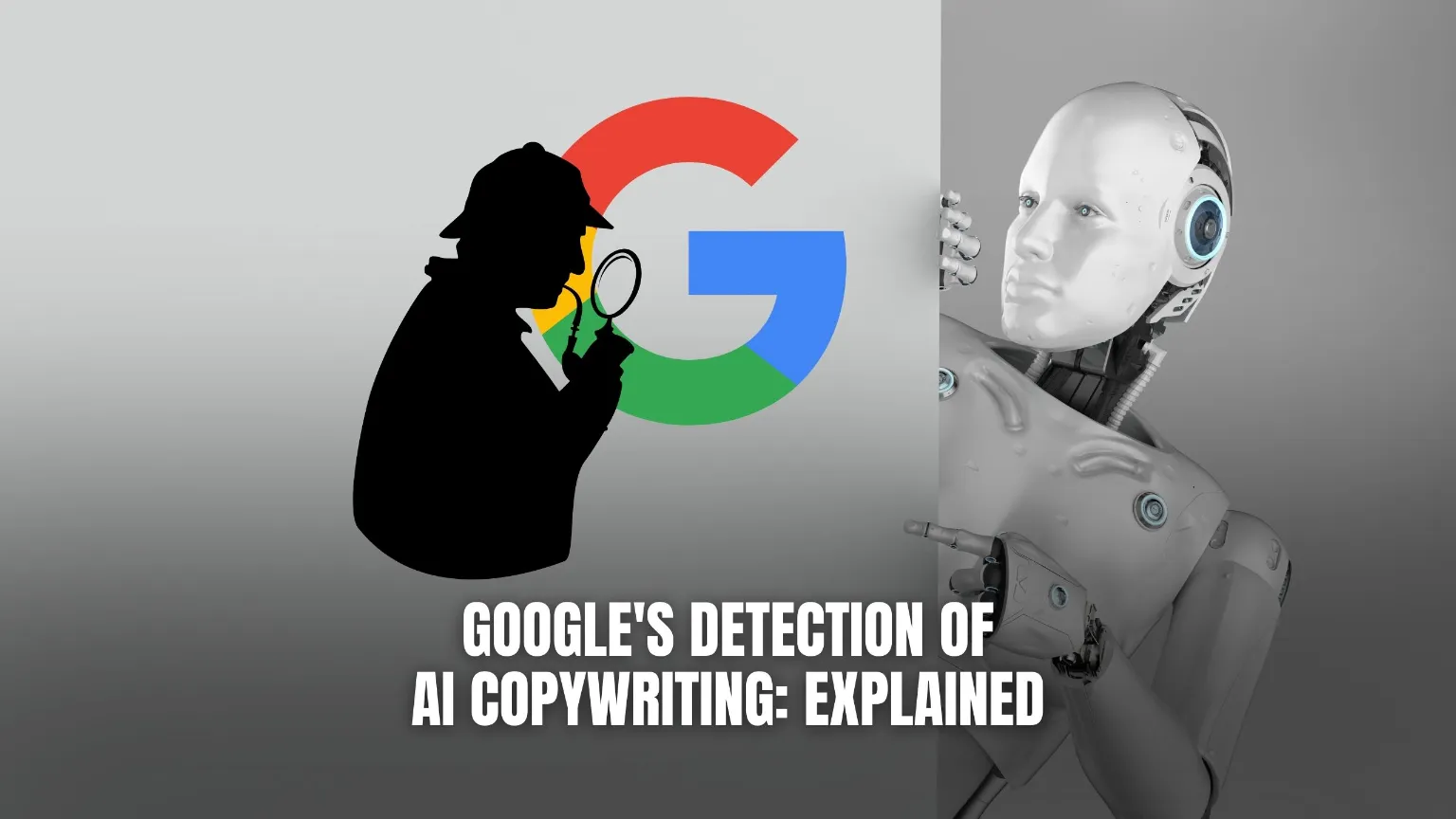Google’s Detection of AI Copywriting: Explained
- AI Image Generators Software AI Writing Assistant Popular Tools AI Tools


Google’s Detection of AI Copywriting: Explained
With the rise of AI technology, concerns about its impact on content creation and authenticity have become increasingly prevalent. Explore Google’s detection of AI-generated content, delving into methods and implications of this process in this blog post.
1. Understanding AI Copywriting
AI copywriting involves the use of artificial intelligence algorithms to generate human-like text for various purposes, including marketing, content creation, and product descriptions. While AI-generated content can be highly effective in saving time and resources, it also raises ethical concerns regarding originality and transparency.
2. Google’s Approach to Detecting AI Content
Google employs a range of sophisticated algorithms and machine learning techniques to detect AI-generated content across its search engine and other platforms. These algorithms analyze various factors, such as language patterns, semantic coherence, and contextual clues, to distinguish between human-written and AI-generated text.
3. Challenges in AI Content Detection
Despite advancements in AI detection technology, identifying AI-generated content remains a challenging task for search engines like Google. AI algorithms continue to evolve, making it difficult to stay ahead of increasingly sophisticated techniques used to generate realistic human-like text.
4. Implications for Content Creators
For content creators and marketers, Google’s ability to detect AI-generated content underscores the importance of maintaining authenticity and transparency in their writing practices. While AI tools can enhance productivity, it’s essential to disclose the use of such technology to maintain trust and credibility with audiences.
5. Addressing the Ethical Dimension
As AI technology becomes more prevalent in content creation, there is a growing need to address the ethical implications of using AI-generated content. Transparency about the use of AI tools and adherence to ethical guidelines can help mitigate concerns about authenticity and integrity in online content.
Relevant SaaS Products:
- Copy.ai: Supercharge content creation with Copy.ai’s AI writing assistant, effortlessly generating blog posts, ad copy, and product descriptions.
- Writesonic: Optimize content creation with Writesonic’s AI platform, offering customizable templates and AI-generated text for marketing campaigns and website content.
- Conversion.ai: Enhance copywriting productivity with Conversion.ai’s AI platform, generating high-quality copy for emails, ads, and social media posts efficiently.
- ShortlyAI: Maximize writing efficiency with ShortlyAI’s versatile AI tool, generating engaging content for blogs, products, and more with ease.
Conclusion
Google’s ability to detect AI-generated content represents a significant development in the field of content moderation and search engine optimization. As AI technology continues to advance, content creators must prioritize authenticity and transparency to maintain credibility and trust with their audiences.
Transform Your Content Creation Process with Subscribed.fyi!
Ready to revolutionize your content creation efforts? Sign up for free at Subscribed.fyi to access exclusive deals on essential SaaS tools for AI-driven content creation. From AI writing assistants to content optimization platforms, unlock the tools you need to stay ahead in the digital landscape. Unlock Secret Deals Now
Relevant Links:





